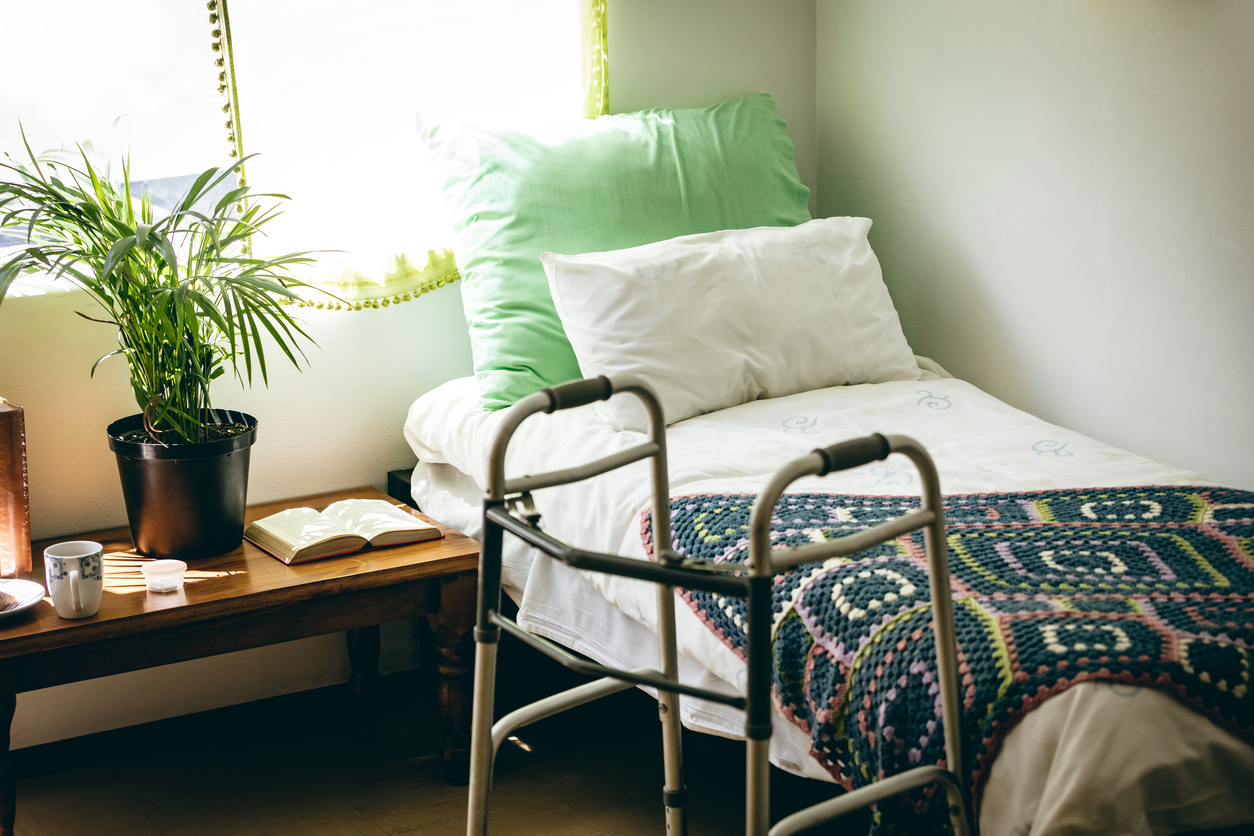A death in a nursing home is always difficult to deal with, especially if the caregiver and resident have developed a close professional and personal relationship. Apart from the logistics of having appropriate nursing home insurance, caregivers and facility administrators also have to contend with the emotional and mental upheaval that often accompanies such cases.
Nurses and caregivers, in particular, need sufficient training and support to deal with these difficult cases. Residents nearing the end of their lives should also be given the proper care and attention to minimize the difficulties they already face.
Key areas of dealing with nursing home deaths
The effective management of resident deaths in nursing homes centers on three main aspects:
- Identifying and understanding the role of nurses
- Awareness of the phases and symptoms of the impending demise
- Training in nursing interventions that minimize difficulties and facilitate a more favorable experience
Understanding the dying process
One of the most important things for nurses and caregivers to understand is that dying is a process rather than a single isolated incident. Many events lead up to the end of life, encompassing physical, psychological, social, and spiritual aspects.
What many refer to as the ‘dying process’ is a series of events that characterize the transition that every person undergoes at the end of life, ultimately ending in their death. As caregivers, it is up to your clients to ensure the dying person’s comfort and peace of mind during these stages and events.
It is just as important to note that the process is different for each person. Dying is a very individualized and personal experience, and the effects on each individual can be drastically different. Some may experience terror and extreme depression at the thought of dying, while others may be calm, resigned, and even eager to leave this world.
Providing care and support to end-of-life residents
Whatever the dying person’s behavior or outlook may be, caregivers should be supportive and sympathetic to them. Attending to the physical, mental, and emotional needs of the nursing home resident doesn’t end until the person is deceased, so caregivers should continue to perform the duties with which they have been charged.
Some people express their dying wishes in clear and unambiguous terms, particularly with regard to where and how they want to spend their final time before the end. Medical professionals are generally the most vocal advocates for acquiescing to patients’ dying wishes, and caregivers should be the same with the residents in their care.
Of course, it isn’t always possible or practical to adhere to the dying person’s wishes. In cases involving advanced terminal illnesses in particular, it can be extremely difficult to ensure that everything goes smoothly according to plan. Furthermore, a specific approach that works for one individual may not work for another, even if they suffer the same condition.
Even so, nurses and caregivers are responsible for helping ensure that dying residents get the care and attention they need during this crucial period. And if there is any way they can ease the person’s pain, suffering, and mental anguish, they should do so with grace and compassion.
In more practical terms, what caregivers can do is be aware of the processes and procedures of managing the various symptoms of the dying process. Facility owners and administrators should provide adequate training and instruction on identifying these symptoms and how to manage them to the benefit of the resident in question. Knowledge of the best nursing care practices for dying residents is crucial for facilitating a ‘good’ death with as few negative incidents as possible.
The role of caregivers after the resident’s death
The role of the nurse and caregiver doesn’t end with the resident’s death. More often than not, they will also be tasked with coordinating with the family and providing necessary assistance.
In some facilities, nurses may even contact the next of kin and initiate funeral proceedings by contacting primary care physicians, other caregivers, and medical examiners. They may even assist in preparing the deceased for transfer to the funeral home by removing tubes or catheters and even bathing them.
Nurses typically offer condolences and interact respectfully and sympathetically with bereaved family members. They will be expected to carry out these duties with grace and compassion and help maintain the dignity and respect for the deceased individual.
About Caitlin Morgan Captive Services
Caitlin Morgan Captive Services provides clients with captive insurance solutions supported by years of experience in establishing the successful formation and implementation of a wide range of captives. To learn more about how we can help you, please contact us at (855) 975-4949.


